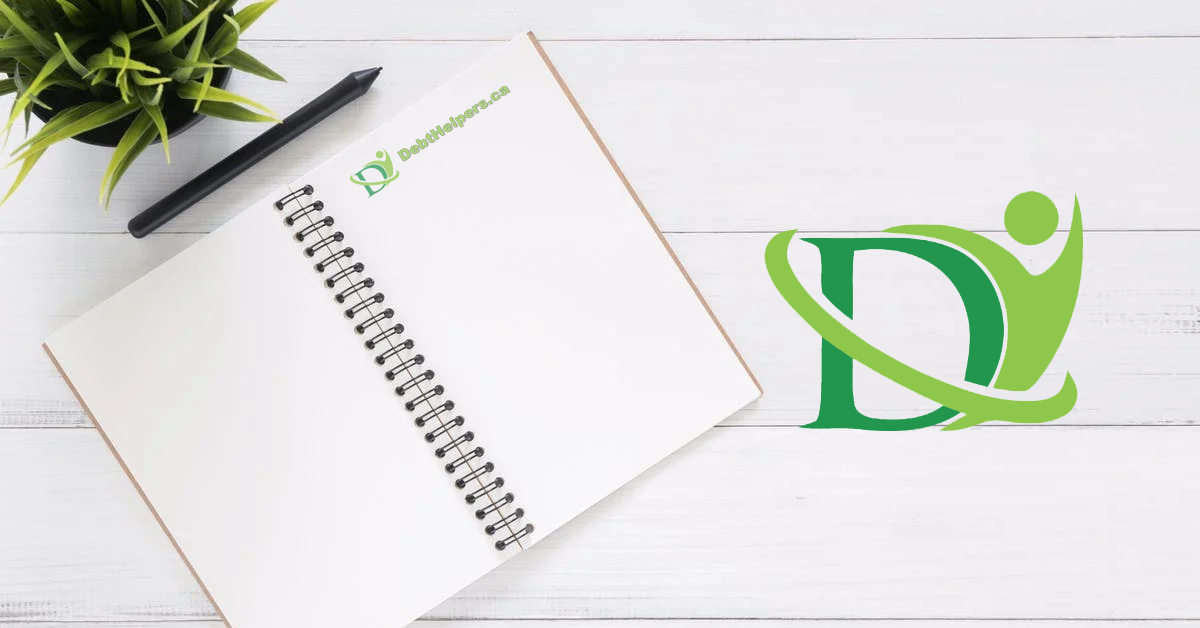
Paying Off Debt in Collections – Steps That a Person Can Take
May 23, 2022
Building a Healthy Financial Life as a Single Parent
June 3, 2022People in debt typically find it challenging to get out of debt. One of the reasons is the lack of information on the many different personal debt management strategies that one can follow. However, it is important to note that not all strategies are suitable for everyone and every situation.
In this post, Debt Helpers sheds light on a few effective strategies for managing debt and what makes them effective for various situations:
What Effective Debt Management Is
A debt management strategy refers to a plan or method used to pay down and ultimately eliminate debt. Examples of debt management strategies include cash flow management, debt consolidation, and insolvency. But what makes them effective?
For a strategy to be effective, it must be applicable to one’s unique situation and particular obligations. It is a customized solution that is carefully created to resolve one’s debt in a way that places the least stress possible while still taking steps toward the individual’s financial goals.
Three Ways to Manage Debt
- Debt Consolidation Loans
For people with a relatively good credit history, a debt consolidation loan may be an option to explore. This is a loan from a credit union, a bank, or another lender that can be used to pay off multiple debts at once. This is an excellent strategy that can be used to manage personal debt as it gets rid of multiple unsecured debts in one go. Once those debts are paid off, the client needs to ensure that the debt consolidation is paid back.
With good credit, one can get a lower interest rate on the loan. Ideally, this interest rate should be lower than the interest rates on all the outstanding debts.
If one has a bad credit history, though, it can be hard to look for debt consolidation loans.
- Debt Consolidation Programs
People with lower credit scores who might not qualify for debt consolidation loans can consider a debt consolidation program of DCP.
With DCP, a credit counsellor will negotiate with the creditors on the person’s behalf to discuss a debt repayment plan that is agreeable to both parties. DCPs will take all the unsecured debts and roll them so there will only be a single monthly payment to take care of. The credit counsellor will also work to ensure that the interest rates are stopped or at least significantly reduced so every payment made goes to paying off the principal.
Many creditors prefer this over the next strategy which is insolvency.
- Insolvency
In some cases, a person may file a consumer proposal or declare bankruptcy instead of repaying 100% of the debt incurred. In this particular case, the client will work with a Licensed Insolvency Trustee who will file the necessary paperwork, explaining what the client’s duties and obligations are.
It should be stressed that insolvency is not the first debt management solution people should try. This should be an option only when there is no other way out.
Conclusion
There is no one magical solution to getting out of debt. For most people, simple strategies like creating a budget and setting aside money every month for debts are enough to get out of a sticky situation. For others, though, debt consolidation may be necessary to stop those collection calls and juggle all those monthly payables. Some, though, may have to file for bankruptcy to manage debts.
Before deciding on a particular debt management solution, it is wise to consult with debt consultants first.
Debt Helpers offers the services of some of the best debt consultants in Mississauga, ON. Debt Helpers’ team of professional debt consultants can help people reach financial freedom. Get in touch with us today to set up an appointment!

